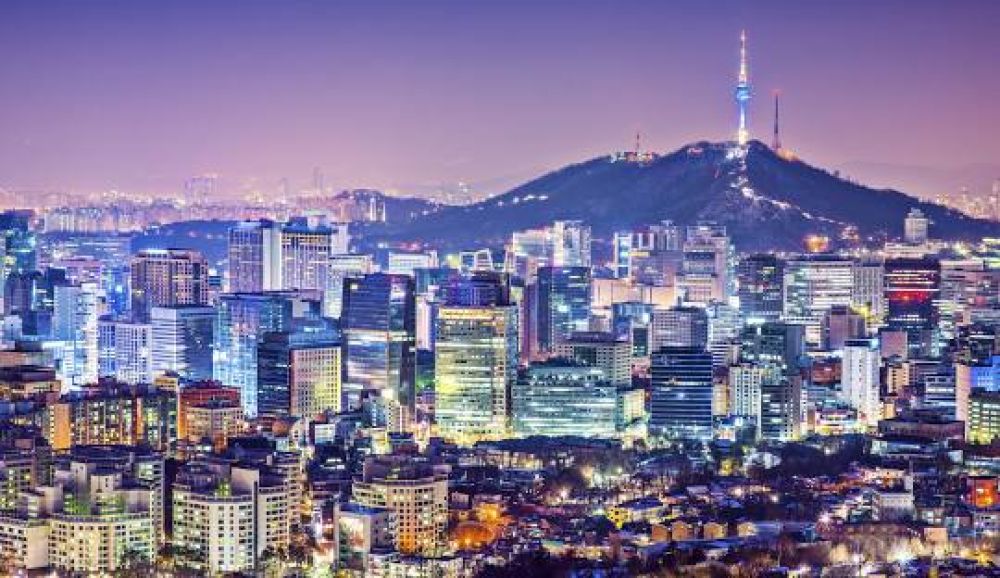

The story of tourism in Seoul, South Korea, is one of rapid growth and transformation. In its early days, following the end of the Korean War and the reconstruction of South Korea, Seoul was not a major tourist destination on the global map. However, the 1988 Summer Olympics in Seoul marked a significant turning point. The event placed the city on the world stage, showcasing its rich culture, history, and technological advancements, which in turn sparked international interest in South Korea as a tourist destination.
The 1990s saw the beginning of the "Seouling" tourism promotion campaigns, which aimed to develop the image of Seoul as a major international tourist destination. Government and private sectors invested in tourism infrastructure, improving transportation and accommodations, as well as expanding cultural offerings.
By the turn of the millennium, the Hallyu wave, also known as the Korean Wave—a global phenomenon driven by South Korean culture, particularly pop music, television dramas, and movies—had begun to swell. This cultural movement has played a significant role in attracting tourists to Seoul, eager to explore the birthplace of their favorite entertainment.
21st Century Developments
In the 21st century, the Seoul Metropolitan Government further reinforced tourism efforts by launching initiatives like the Seoul Global Marketing Campaign. Tourist zones were developed, such as the well-known Gangnam area, which gained notoriety through the hit song "Gangnam Style" by PSY. The city also diversified its attractions, promoting its ancient palaces, such as Gyeongbokgung and Changdeokgung, alongside modern landmarks like Lotte World Tower and the Dongdaemun Design Plaza.
The city's commitment to ecotourism and sustainability has been another appealing factor for tourists. The Cheonggyecheon Stream restoration and the creation of Seoullo 7017, an elevated urban park, are prime examples of Seoul's 'green' initiatives.
Impact of Technology and Innovation
As a leader in technology and innovation, Seoul has integrated these advancements into its tourism industry, using virtual reality and augmented reality to create new experiences for visitors. This not only enhances their sightseeing journeys but also positions Seoul as a forward-thinking, dynamic city.
The Influence of K-Culture
The rise of K-pop, K-drama, and Korean cuisine has had an undeniable impact on tourism. Visitors often seek out filming locations for popular television shows, dine in restaurants featured in Korean media, or attend K-pop concerts. This fascination with K-Culture shows no sign of waning, consistently driving up tourism numbers.
Challenges and Adaptation
Despite challenges like the MERS outbreak in 2015 and the COVID-19 pandemic, Seoul has managed to adapt and continue to thrive as a tourist destination. The use of smart technology for seamless and safe travel experiences, alongside a strong emphasis on public health, has helped Seoul maintain its appeal.
Looking Ahead
Today, Seoul is regarded as an essential stop for visitors to East Asia, with its blend of ancient heritage and ultra-modernity. The city's ability to preserve its historical integrity while embracing innovation keeps it at the cutting edge of global tourism trends. Moving forward, Seoul is expected to continue expanding its tourism industry, securing its place as a vibrant and inviting international city.